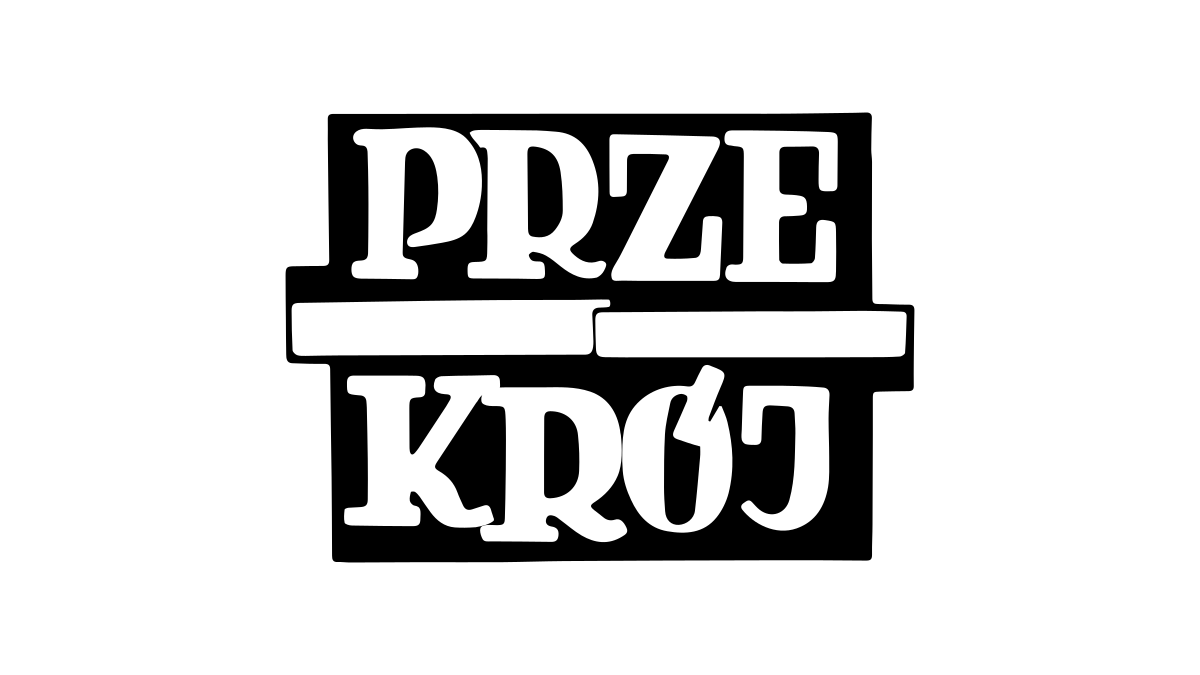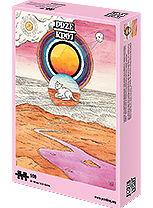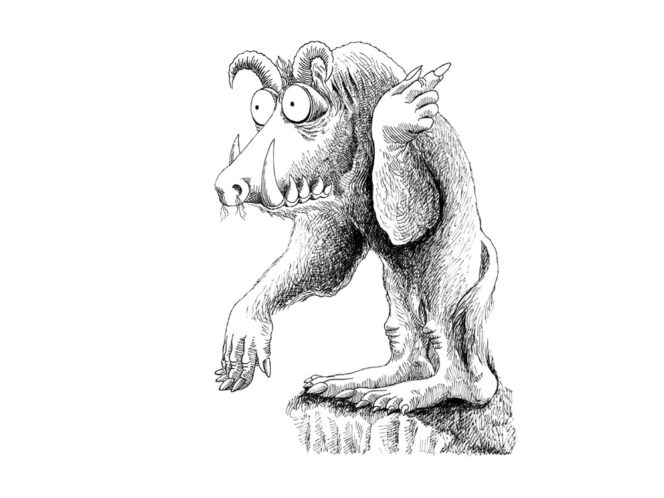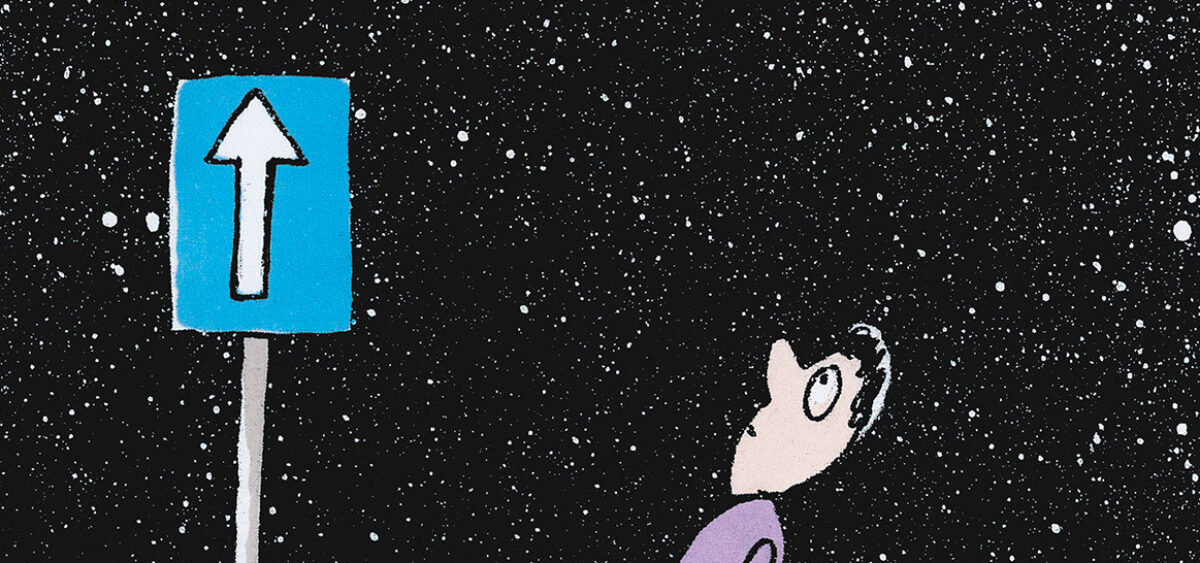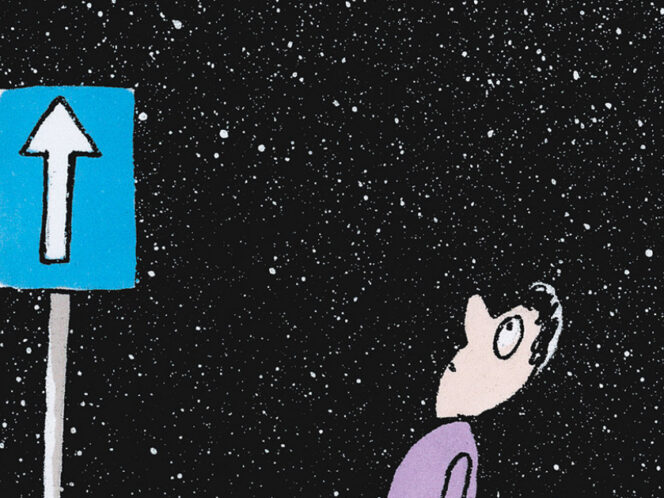
We present below three independent accounts proving the existence in Sweden of a certain imp named Pukke. Since all three stories were contributed by our long-time author Grzegorz Uzdański, we have no reason to suspect that any one of them is less true than the others.
Greta Seelendstadt (Swedish physicist)
When I was a little girl, old Pukke turned me into a table. Pukke is a Swedish imp. Hardly anyone remembers him, and those who remember think he’s a character from a fairy tale. But not in Skåne. The inhabitants of the local villages, sinewy and tanned from the midnight sun, know that he really exists. He walked beneath the grey skies before the days of the kings, before the first wooden churches were built, before the new God drove the old inhabitants further north. He was there when the brutal bearded Vikings returned with the spoils of their expeditions. He was there when the elves sang and the trolls rumbled gutturally in the moonlight. He was there when Odin, the one-eyed wanderer, flashed over the earth like a gale as Fenrir’s howl filled the woods with terror. He was there when Nanna danced under the stars, bringing nature to life.
Pukke is small but sturdy. He wears
